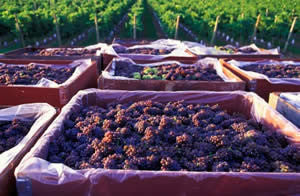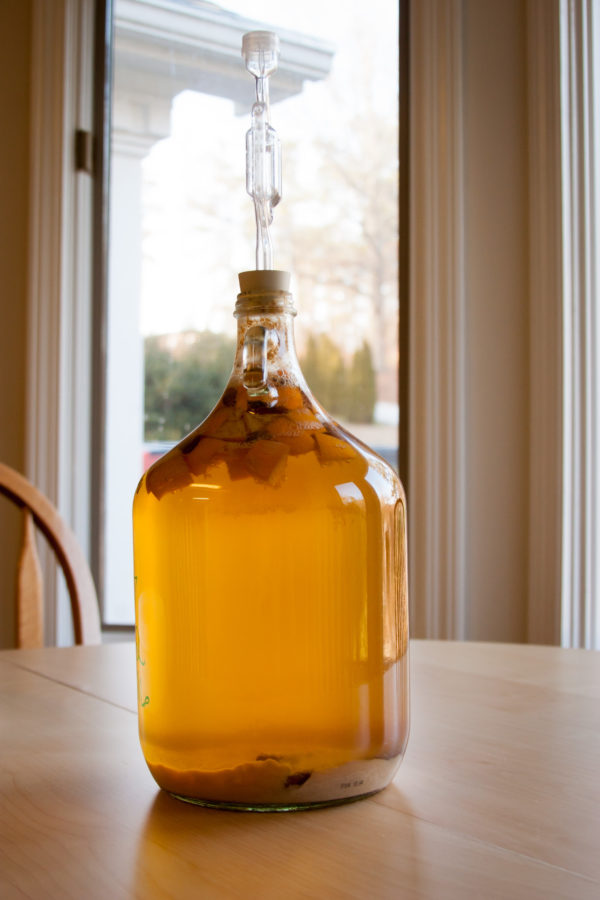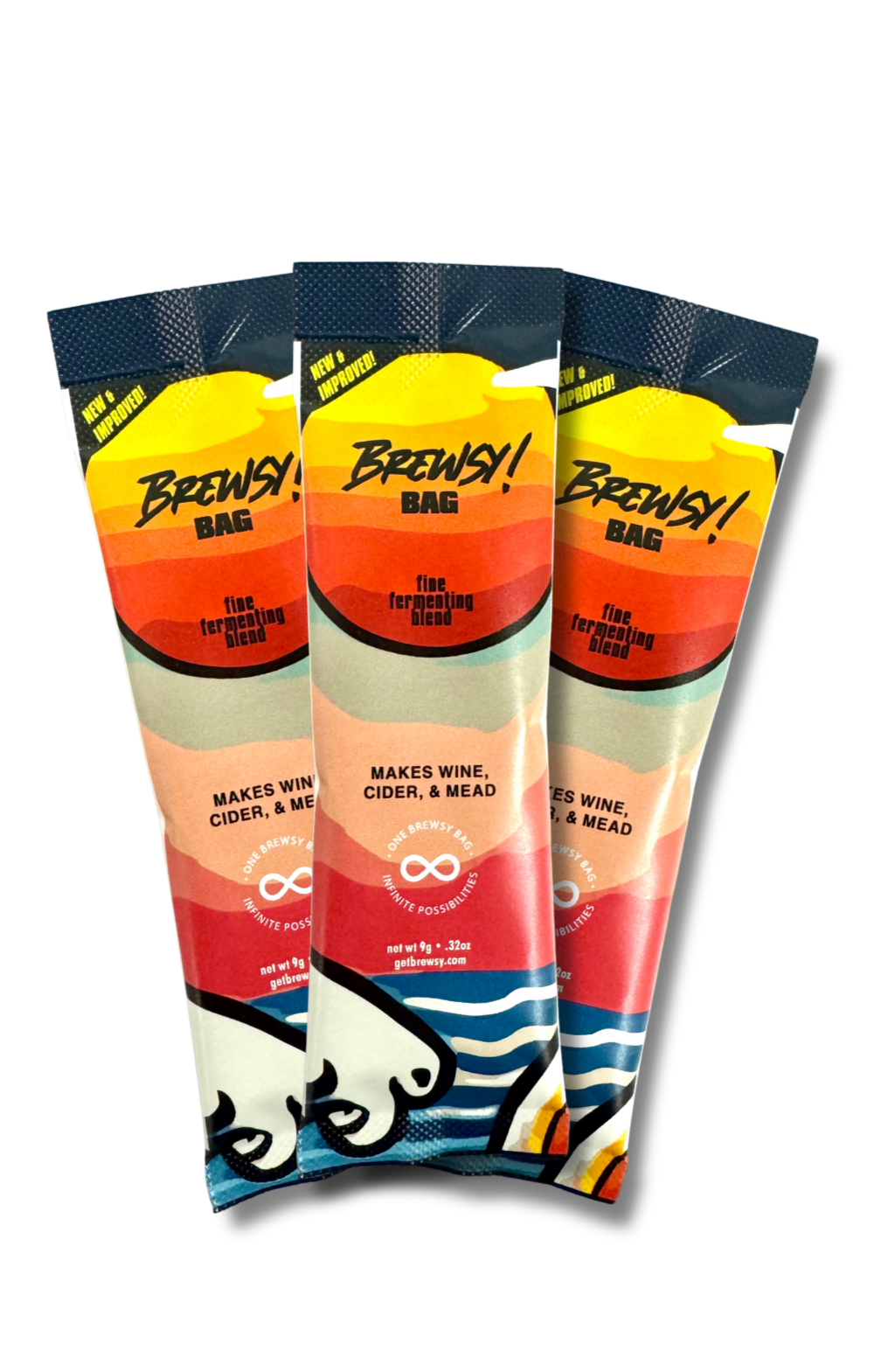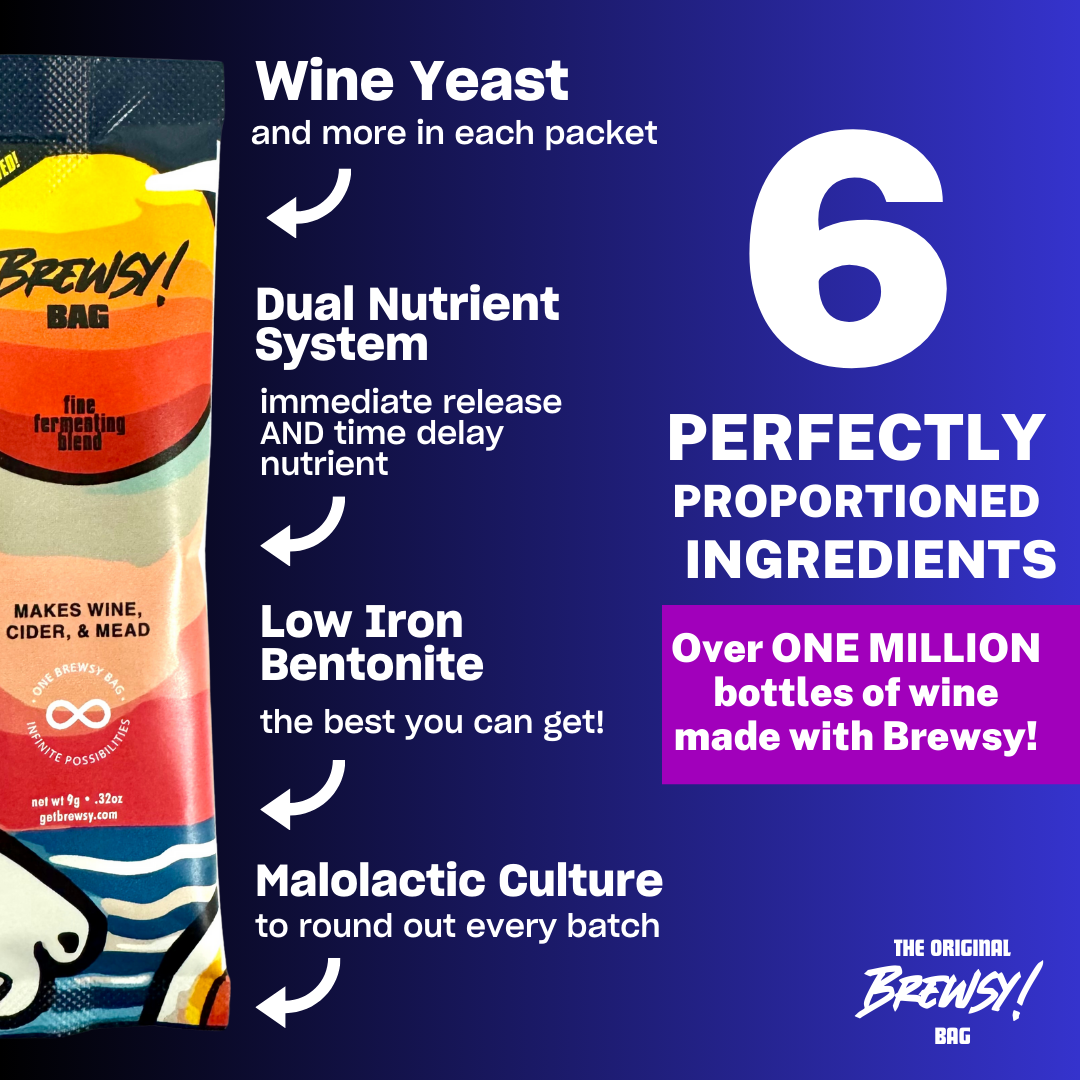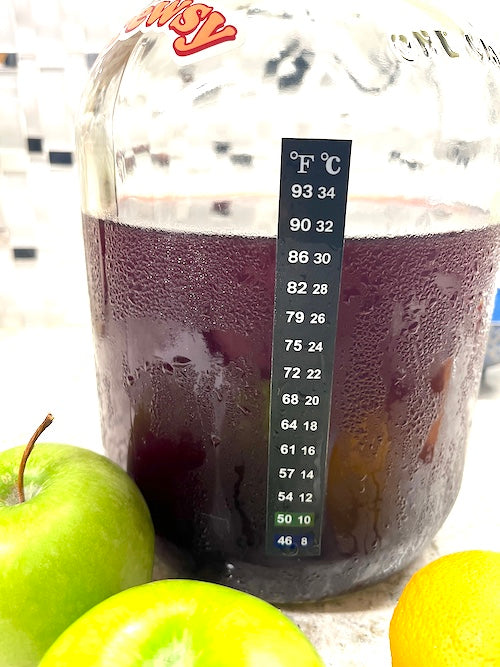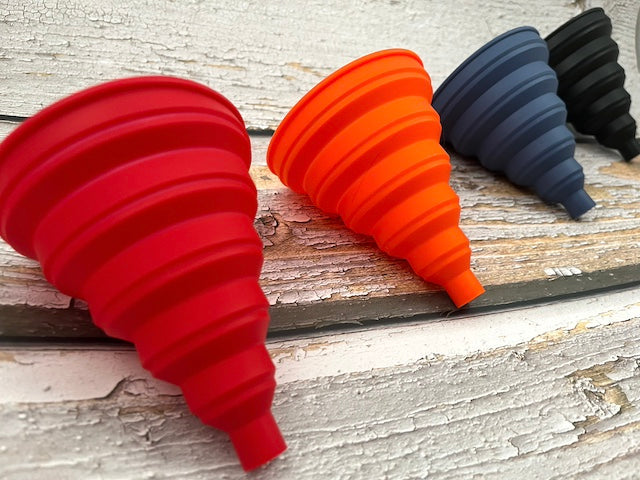
What Is a Hydrometer?
Humankind has developed all sorts of instruments for measuring various things in this world such as anemometers for measuring wind speed, thermometers for temperature, and barometers to measure atmospheric pressure, so, of course, a tool was developed to measure alcohol, and that is what a hydrometer is.
To say that a hydrometer specifically measure alcoholic content, though, is a bit misleading. To be more precise, a hydrometer is a device used to measure the density or relative density of a liquid based on buoyancy. Since there are various hydrometers used for measuring different things in liquids, from a technical standpoint, the device that measures a drink's alcohol by volume, or ABV, is an alcoholometer which works on the same principles as a hydrometer.
If you are a science geek, the science behind the hydrometer is quite fascinating, but, for now, that is neither here nor there.
In layman's terms, however, the hydrometer (or alcoholometer) works by measuring the density of the wines being brewed by calculating the difference between the initial reading and second reading. Alcohol, in this case ethanol, is less dense than water, so the more alcohol there is in a brew, the lower the hydrometer will sink. Since it is less dense, thus, presents less resistance to things being introduced in it, the instrument becomes "heavier" in the sense that it can easily pass right through.
The relative density being measure when using a hydrometer is what is more commonly known as specific gravity which is ratio of the density of a substance to that of a standard substance.
A hydrometer set or kit normally is a two-parter; there is the graduated cylinder and the actual hydrometer which is an almost flute-shape glass cylindrical tube with beryllium metal at the end.
An important thing to note about hydrometers is because there are various kinds, they are not interchangeable, so a hydrometer meant for beer is not meant to be used for measuring a wine's ABV. While the overall principle and construction of the device is the same, different scales are used for different liquids. Did you there is a hydrometer specifically for milk?
Many have scales marked with volume percentages of "potential alcohol", based on a pre-calculated specific gravity. A higher "potential alcohol" reading on this scale is caused by a greater specific gravity, assumed to be caused by the introduction of dissolved sugars or carbohydrate based material. A reading is taken before and after fermentation and approximate alcohol content is determined by subtracting the post fermentation reading from the pre-fermentation reading.
So, whether you are just starting out on your winemaking journey or are already a seasoned veteran, it is never a bad idea to have or own a hydrometer. The more you know about the wine you are making, the more knowledgeable you become. Eventually, you will be able to approximate the alcohol content by smell and taste alone. Sure it will not be 100% but it would still be a good guess as to the ABV.



